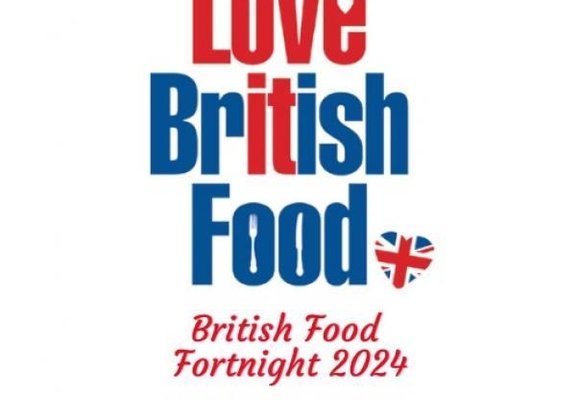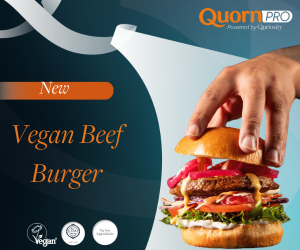The guidance sets out key considerations for food manufacturers, in particular small and medium sized enterprises (SMEs), to follow in order to prevent, manage, and investigate food allergy incidents.
Ensuring all food packaging has the correct and complete allergen information is incredibly important, as without this, products can pose a significant health risk to the more than two million consumers who have a food hypersensitivity. Meanwhile, large scale recalls have a significant commercial impact on manufacturers – especially smaller businesses.
While each stage of effective allergen management requires thorough inspection and risk assessments, the guidance simplifies these steps so that they can be integrated into existing food safety management procedures to prevent allergy recalls. The guidance highlights the processes that should be followed for each of the four main causes of allergen incidents:
- Incorrect declaration of allergenic ingredients – When an intentionally used allergen is not declared or is incorrectly declared, for example isn’t in English
- Mismatch in product and packaging – When the packaging doesn’t accurately represent the product inside, for example a product in the wrong packaging or using the incorrect label
- Incorrect ‘free-from’ allergen claims – When a ‘free-from’ product in fact contains the allergen either as an ingredient or a contaminant
- Not declaring unintentional allergen presence – When ‘may contain’ hasn’t been declared on the label as required
With a detailed overview of each scenario, the guidance provides a clear breakdown of their causes, and steps to prevent them from happening again, making it a valuable resource in the prevention of allergen-related recalls.
Olayemi Fashesin-Souza, Regulatory Manager, The Food and Drink Federation, said:
“The British food and drink industry has some of the highest safety standards in the world. With robust allergen management practices and comprehensive labelling, consumers with food allergies can choose from a wide variety of products that are safe for them to eat.
“Sometimes, however, food products need to be recalled to ensure consumer safety. Our latest guidance offers manufacturers a proactive approach to minimise allergen-related recalls. By implementing this guidance, companies, in particularly smaller businesses, can improve the strength of their food safety procedures, and stop any potential issues before they arise.”










